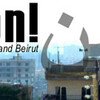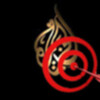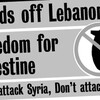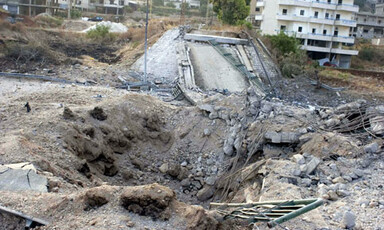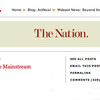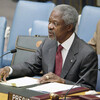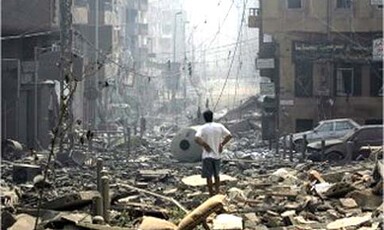
Bombs over Beirut
20 July 2006
Lebanon is under military attack. For the past week, the country has endured a brutal campaign of violence at the hands of Israeli planes and artillery. The Lebanese government estimates that roughly 300 people have lost their lives since Israel began its attacks, which have essentially dismantled the public infrastructure of the country. In response to the request for a prisoner exchange by Hezbollah, Israel has launched an all-out war on the Lebanese people, inflicting far-reaching misery, and capturing the world’s attention. Read more about Bombs over Beirut



